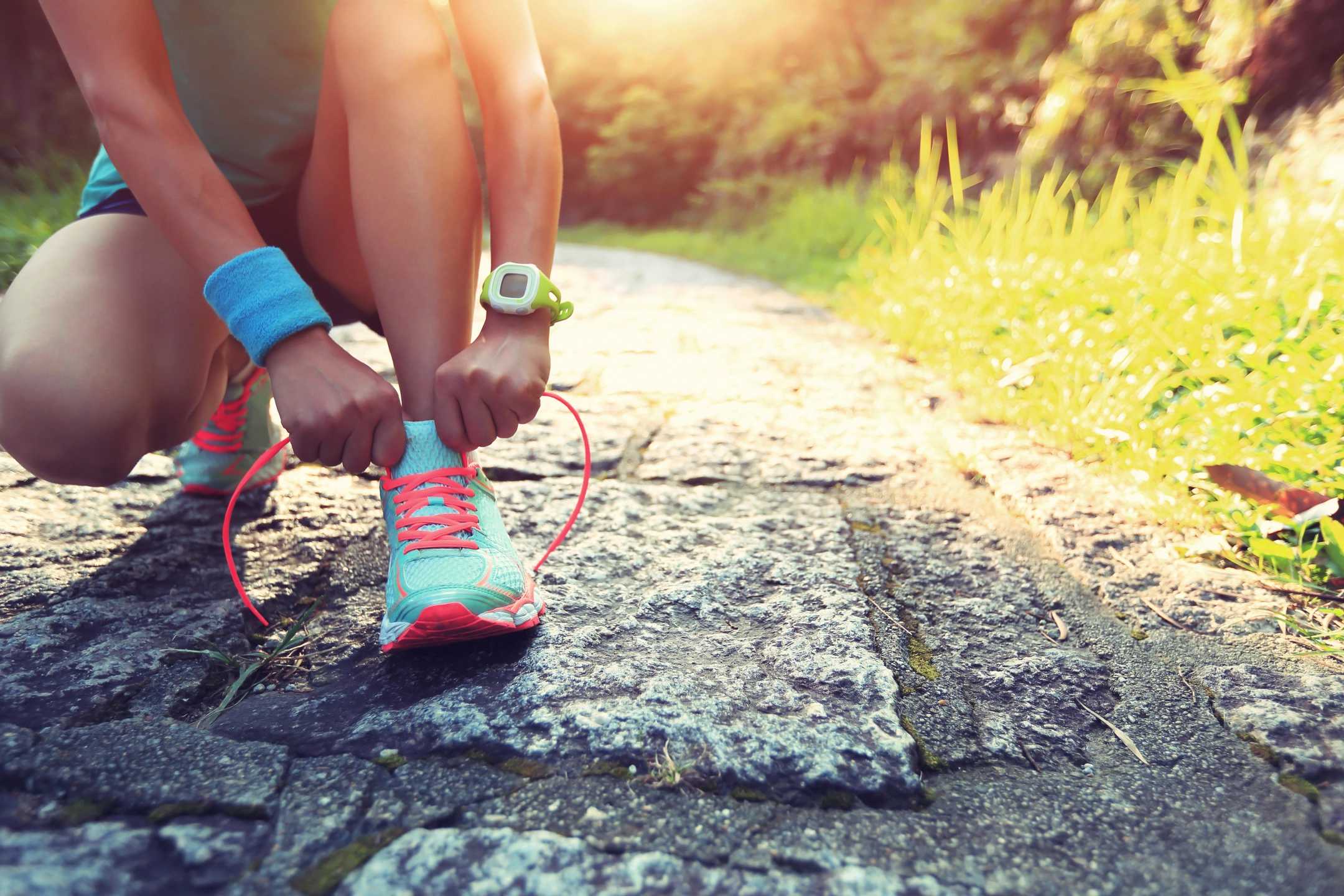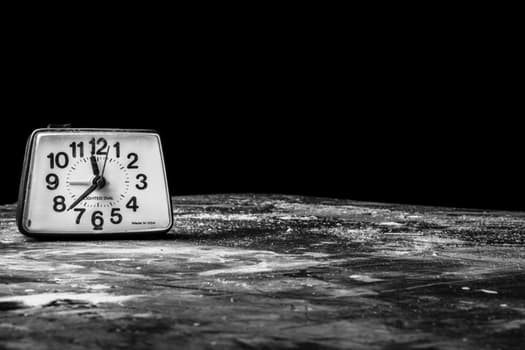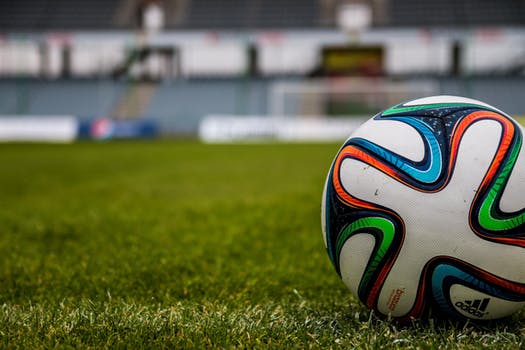
Is sleep essential for athletic performance?
Simply YES!
Sleep is a special state, required for body restitution & tissue repairs (Horne et al. 1981)
In the absence of effective sleep, (Sleep deprivation), the detrimental consequences on cognitive function, mood, daytime sleepiness, and traditional performance indices such as reaction time and learning and memory tasks (Dinges et al., 1997; Carskadon & Dement 1981; Van Dongen et al., 2003)
Several studies have also demonstrated the negative impact of sleep restriction on physical performance including weight-lifting, cardiorespiratory functioning, and psychomotor tasks that require accuracy and consistent performance (Mougin et al., 1991; Reilly T, 1994)
Anecdotal evidence indicates that athletes are concerned about the amount and quality of sleep they obtain as they believe that good sleep substantially contributes to their capacity to compete at an optimal level (Postolache, 2005; Samuels, 2008).
The importance of sleep for optimal athletic performance and recovery, cognitive/academic performance, and well-being, together with, reducing injury and illness risk within athletes has been consistently reported recently (see Luke et al., 2011; Milewski et al., 2014;Owens J. et al., 2014; Baert et al., 2015; Bergeron et al., 2015; Diaz-Morales and Escribano, 2015; Fullagar H. H. et al., 2015; Fullagar H. H. K. et al., 2015; Nedelec et al., 2015a; Prather et al., 2015; Thun et al., 2015).
A 2hr sleep extension has been shown to improve serving accuracy in varsity tennis players (Schwartz & Simon. 2015)
Despite a large degree of inter-individual variability, Staunton et al., demonstrated a strong relationship between sleep and match performance, in which sleep monitoring might assist the optimisation of performance (Staunton et al., 2016)
Mah & co-workers demonstrated that specific improvements in measures of basketball performance after sleep extension indicate that optimal sleep is likely beneficial in reaching peak athletic performance (Mah et al., 2011)
Is there a dose relationship between sleep and performance?
In operational settings, performance declines as a function of work load and sleep loss (Bonnet 1991; Fullagar et al., 2015).
Several experiments have placed naps, ranging from 60 to 240 min, at varying points during sleep loss in an attempt to reverse the accumulating fatigue. Conclusions that can be drawn from these studies are (see Bonnet 1991):
Naps generally reduce but do not reverse the effects of sleep loss.
Naps, particularly during the circadian trough, may result in significantly decreased performance ("sleep inertia") shortly after awakening
The length of a nap (1hr to 3hrs) cannot be readily determined from the studies that have been performed to date due to interacting methodological problems such as lack of control of circadian effects
The study by Oliver et al., demonstrates that running and endurance performance was poorer (less) following sleep deprivation (Oliver et al., 2009). They also noted that participants “perception of effort” was modified by decreased sleep, which may account for decreased endurance.
Thus, it is widely accepted that sleep loss is a common occurrence prior to competition in athletes, this could significantly impact upon their athletic performance.
Much of the previous research has reported that exercise performance is negatively affected following sleep loss
Conflicting findings mean that the extent, influence, and mechanisms of sleep loss affecting exercise performance remain uncertain.
What about sleep extension? Mah et al., showed that compared to baseline, 5 to 7 weeks of sleep extension subjects demonstrated improved PVT performance during daily and weekly testing. Mean reaction time for all daily and weekly PVT periods significantly decreased (P < 0.05). Nearly all other PVT performance measures showed a significant improvement following sleep extension, notably a decreased number of lapses and daily minimum reaction time.
Sleep extension also increased mean basketball shooting accuracy (as indicated by an increase in the percentage of successful shots for both free throws) by 9% and 3-point field goals by 9.2%. Following extended sleep, subjects also notably increased their speed resulting in faster sprint times (0.7sec faster).


What are the implications to performance when sleep is lost?
With increasing competiveness, professionalism, training, and fixture congestion within sport, athlete rest and recovery is compromised as a result (Bergeron et al., 2015).
The International Olympic Committee (IOC), has called for diligence to safeguard psycho-physiological development (Bergeron et al., 2015; Mountjoy and Bergeron, 2015).
The maintenance of appropriate rest (particularly sleep for adolescent athletes) was discussed within the recent IOC consensus statement, which stated the need to “design youth athlete development programmes ... to mitigate the risk of overuse injuries and other health problems ... providing sufficient and regular rest and recovery, to encourage positive adaptations and progressive athletic development” (Bergeron et al., 2015)
In a study of whether sleep duration was positively related to baseline neurocognitive performance, Sufrinko and colleagues examined the effect of preinjury sleep difficulties on post-concussion
impairments. The sample included 348 adolescent and adult athletes with a diagnosed sport related concussion. The sample was divided into 2 groups: 34 participants with preinjury sleep difficulties (sleeping less as well as having trouble falling asleep) and 231 participants without preinjury sleep difficulties (controls). They found that:
Groups differed significantly in post-injury intervals for reaction time, with the preinjury sleep group performing worse than controls after injury.
Groups also differed significantly on verbal memory performance with the preinjury sleep group performing worse than the controls after injury.
They concluded that pre-injury sleep difficulties may exacerbate neurocognitive impairment and symptoms after concussion. The findings may help clinicians identify athletes who are at risk for worse impairments after a concussion due to preinjury sleep difficulties.
Likewise, Laux et al., examined the contribution of stress and recovery variables (with the Recovery-Stress Questionnaire for Athletes (RESTQ-Sport)) to the risk of injury in professional football players, found that a lack of sleep or non-refreshing sleep also increases injury risk.
34 traumatic injuries and 10 overuse injuries occurred.
Most of the injuries were the lower limb (79.5%), and muscle and tendon injuries(43.2%)
The recovery-related scale Sleep Quality significantly predicted injuries in the month after the assessment.
AND... can sleep be optimised to improve performance?
Simply…yes…again!
It remains relatively unknown whether improving sleep quality or quantity can improve performance or post-match recovery. Therefore, Fullagar et al,. aimed to investigate the effect of an acute sleep hygiene strategy on physical and perceptual recovery of players following a late-night soccer match (Fullagar et al., 2016).
They found that an acute sleep hygiene strategy improved sleep quantity following a late-night soccer match; albeit without any improvement in physical performance, perceptual recovery or blood-borne markers of muscle damage and inflammation.
But what about sleep and performance….
See Mah et al.,!!
A study by van Ryswyk et al., of well-being and performance indicators in a group of Australian Football League players following a six-week sleep optimisation programme found that:
Total sleep time increased by approximately 20 min (p < .05) and sleep efficiency by 2% (p < 0.05).
There was a corresponding increase in vigour (p < 0.001) and decrease in fatigue (p < 0.05).
They concluded that improvements in sleep efficiency, fatigue and vigour indicate that a sleep optimisation programme may improve athletes' well-being, but conceded that more research is required into the effects of sleep optimisation on athletic performance.

References
Athletic development. Br. J. Sports Med. 49,843–851.
Bonnet MH. The Effect of Varying Prophylactic Naps on Performance, Alertness and Mood throughout a 52-Hour Continuous Operation. Sleep, 14(4):307-315
Carskadon MA, Dement WC. Cumulative effects of sleep restriction on daytime sleepiness. Psychophysiology 1981;18:107-13.
Dinges DF, Pack F, Williams K, et al. Cumulative sleepiness, mood disturbance, and psychomotor vigilance performance decrements during a week of sleep restricted to 4-5 hours per night. Sleep 1997;20:267-77.
Fullagar HH, Skorski S, Duffield R, Hammes D, Coutts AJ, Meyer T. Sleep and athletic performance: the effects of sleep loss on exercise performance, and physiological and cognitive responses to exercise. Sports Med. 2015 Feb;45(2):161-86.
Horne JA. The effects of exercise upon sleep: a critical review. Biol Psychol. 1981 Jun;12(4):241-90.
Luke,A.,Lazaro,R.M.,Bergeron,M.F.,Keyser,L.,Benjamin,H., Brenner, J.,etal.(2011).Sports-related injuries in youth athletes: is over scheduling a risk factor? Clin. J. Sport Med. 21,307–314.
Laux P, Krumm B, Diers M, Flor H. Recovery-stress balance and injury risk in professional football players: a prospective study. J Sports Sci. 2015;33(20):2140-8
Mah CD; Mah KE; Kezirian EJ; Dement WC. The effects of sleep extension on the athletic performance of collegiate basketball players. SLEEP 2011;34(7):943-950.
Milewski, M.D., Skaggs, D.L., Bishop,G.A., Pace,J.L., Ibrahim, D.A., Wren,T.A.,etal.(2014).Chronic lack of sleep is associated with increased sports injuries in adolescent athletes. J. Pediatr. Orthop. 34,129–133.
Mougin F, Simon-Rigaud M, Davenne D, et al. Effects of sleep disturbances on subsequent physical performance. Eur J Appl Physiol Occup Physiol 1991;63:77-82.
Mountjoy,M., & Bergeron,M.F. (2015). Youth athletic development: aiming high while keeping it healthy, balanced and fun! Br.J.SportsMed. 49,841–842.
Oliver SJ, Costa RJ, Laing SJ, Bilzon JL, Walsh NP. One night of sleep deprivation decreases treadmill endurance performance. Eur J Appl Physiol. 2009 Sep;107(2):155-61
Postolache, T. T. (2005). Sports chronobiology. Clinics in Sports Medicine, 24:14-21
Reilly T, Piercy M. The effect of partial sleep deprivation on weight-lifting performance. Ergonomics 1994;37:107-15.
Van Dongen HP, Maislin G, Mullington JM, Dinges DF. The cumulative cost of additional wakefulness: dose-response effects on neurobehavioral functions and sleep physiology from chronic sleep restriction and total sleep deprivation. Sleep 2003;26:117-26.
Samuels, C. (2008). Sleep, recovery, and performance: The new frontier in high-performance athletics. Neurologic Clinics, 26(1), 169–180.
Staunton C, Gordon B, Custovic E, Stanger J, Kingsley M. Sleep patterns and match performance in elite Australian basketball athletes. J Sci Med Sport. 2017 Jan 24.S1440-2440
Schwartz J, Simon RD Jr. Sleep extension improves serving accuracy: A study with college varsity tennis players. Physiol Behav. 2015 Nov 1;151:541-4.
Van Ryswyk E, Weeks R, Bandick L, O'Keefe M, Vakulin A, Catcheside P, Barger L, Potter A, Poulos N, Wallace J, Antic NA. A novel sleep optimisation programme to improve athletes' well-being and performance. Eur J Sport Sci. 2017 Mar;17(2):144-151